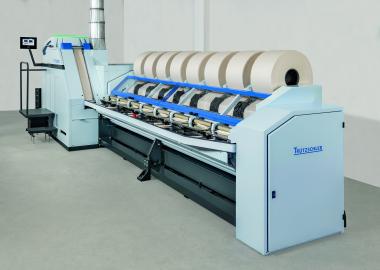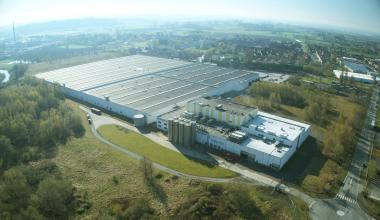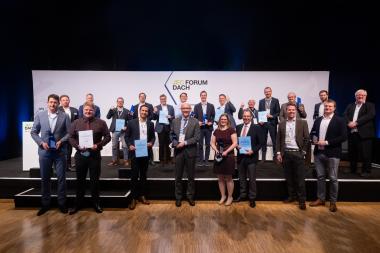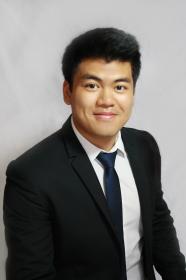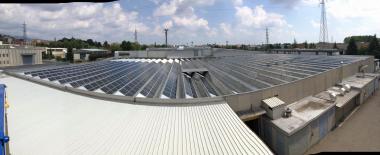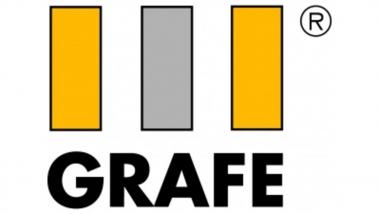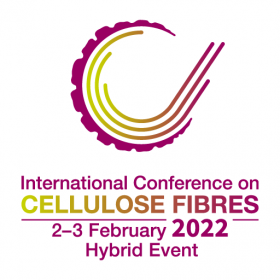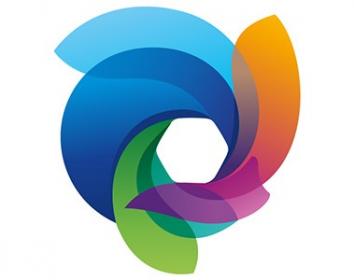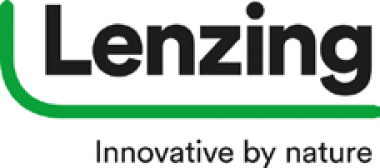AMSilk & Mercedes-Benz: Sustainable car door pulls
- AMSilk Partners with Mercedes-Benz to Present a Sustainable Bio-Based Product
- The use of a biotechnology-based and certified-vegan silk-like fabric marks a first in the automotive sector
AMSilk GmbH (“AMSilk”), a leader in supplying innovative high-performance bio-based silk materials, announced a partnership with Mercedes-Benz, for the development of novel, sustainable car door pulls, as part of the car manufacturer’s latest technology programme, the VISION EQXX.
The new concept car, VISION EQXX, features innovative interior materials, revealing a way forward for luxury design that conserves resources and is in balance with nature. Among the organic interior design features are new door pulls made from AMSilk’s Biosteel® fiber. This high-strength, certified-vegan, silk-like fabric is made using AMSilk’s proprietary biotechnology expertise. AMSilk is the world’s first industrial supplier of vegan silk biopolymers which are 100% biodegradable, recyclable, renewable and zero-waste.
Marking a first in the automotive sector, AMSilk’s Biosteel® provides a solution to the car industry whose need to replace petroleum-based content by natural, bio-based materials is increasingly growing.
This new project is the most efficient electric vehicle Mercedes-Benz has ever built and marks a new expression of efficiency and sustainability in interior design. The all-electric VISION EQXX was unveiled in a digital world premiere on the “Mercedes me” media online platform.
Ulrich Scherbel, Chief Executive Officer of AMSilk said: “We are extremely proud to partner with Mercedes-Benz on the technology programme VISION EQXX, providing sustainable interior design solutions from our best-in-class bio-based fibers. Amid a fresh wave of ambitious climate pledges, we are proud to be playing a leading role in providing solutions for a zero-waste future.”
Optimum Strategic Communications for AMSilk GmbH







